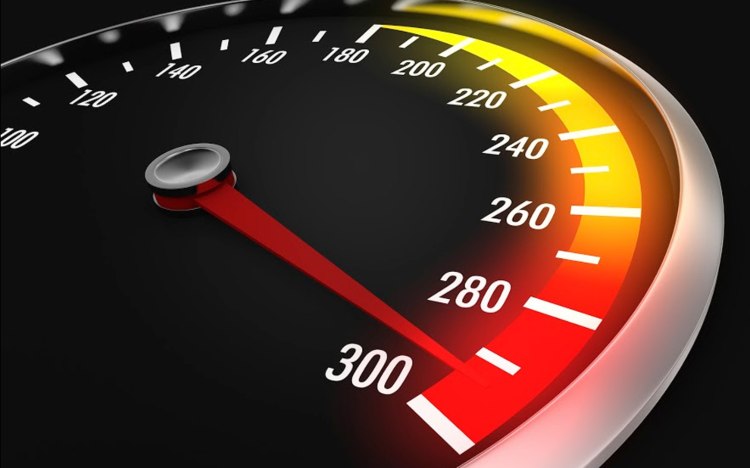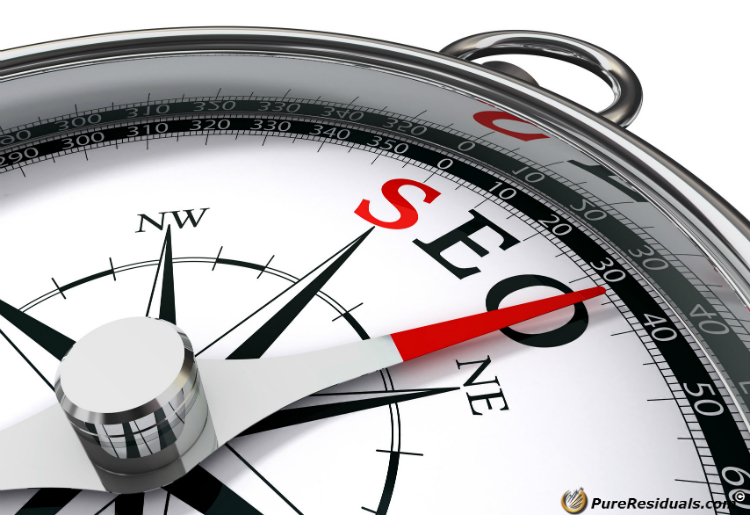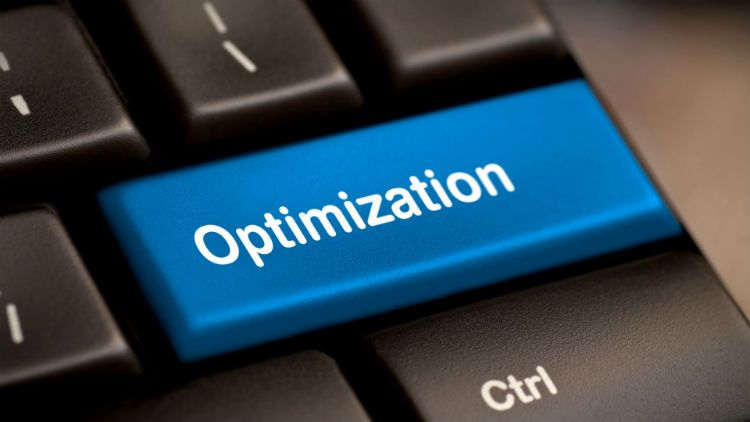These days, people expect everything in an instant.
If you can’t pull out your phone and find something in a few clicks, is it really worth knowing?
This attitude developed online, and any good webmaster knows they need to focus on appealing to this need for immediate gratification if they are to stand a chance of making it as an online business.

If you aren’t taking website speed seriously, you’re putting your business at risk of not living up to its potential. Your website’s future is at the mercy of two masters — visitors and search engines. Without the approval of both, it’s very hard for a website to succeed. The key to doing that in 2021 is speed.
With that in mind, what are the main ways speed can impact both your SEO and customer experience, and what can be done about it?
Customer experience
Customer experience covers everything from whether or not your website has readable text to how protective your security gateways are. If a customer feels underappreciated or can’t operate your website, you will not be able to serve them properly — if they even decide to stick around. One of the main aspects of keeping them on your website is speed.
Frustrates customers
Ever been waiting in line at a coffee shop and felt the barista was taking an unnecessarily long time? They can’t get the machine to work, they’re fiddling with the coffee bag and they take ages to count the change. Chances are if you didn’t leave right then and there, you certainly never went back. Slow service is one of the biggest causes of customer frustration, and it’s no different on your website.

For every second beyond the first two it takes to load a webpage, the bounce rate off of your website increases significantly. 40% of users say they’ll abandon a website if it takes more than three seconds to load. This is the kind of frustration you can’t afford to let your website be associated with, reputations are a difficult thing to shake online.
Breeds untrustworthiness
It’s difficult to earn someone’s trust online. The internet is notorious for personal detail theft and misinformation. Making sure the customer is comfortable shopping with you should be priority number one. If you wouldn’t feel comfortable about shopping there, why would anyone else? Imagine your website as a brick and mortar store. If the windows were broken and the decoration is worn down, would anyone come inside?
Poor performance can cause a customer to question whether a website is legitimate. Even if they do stick around there will be an uneasiness about it, which they will pass on to family and friends and bring up in any reviews they write.
No matter how convincing and your copy and design is, a user isn’t going to trust a payment gateway that takes minutes to load. If any part of your website needs to be moving quickly, it’s the beginning and end of the shopping process.
Impacts conversions
All of these issues ultimately lead to a major impact on your overall conversions. If your website is slow to operate people won’t be able to complete the payment process, even if they somehow aren’t frustrated by it and continue to trust you. Studies have shown that even a one-second load time improvement can increase your conversion rate by 2%.
A slow website will impact user buying figures in the present and future, as basket abandonment and poor recommendations impact your ranking and standing respectively.

SEO
For the uninitiated, SEO is something every website owner should be taking note of. It has a huge impact on defining how successful your store is. While a number of factors go into determining SEO, speed is one of the biggest and most rectifiable with a bit of work.
Crawling
While you’re on the front end worrying about customers getting frustrated, Google is in the background crawling around finding further issues. Google crawls all websites to determine their purpose and where they should rank on search engine results pages. If your website is slow, Google will struggle to crawl it properly, consequently making it difficult to index. Before you know it you don’t just have a slow website, you have a slow website that’s impossible to find.
For less SEO-savvy website developers, many of the solutions to these issues lie in using pre-built CMS such as Shopify. Under the hood, these types of CMS come with a litany of pre-installed SEO features and guides, including automatically generating sitemaps.xml files that allow new product pages to appear on search engines quickly.
If your website takes ages to crawl, Google’s ‘spiders’ won’t be able to extract the information they need. Don’t aim to improve your speed just for customers, consider the spider’s feelings.
Abandonment
As mentioned, basket abandonment is a consequence of poor website loading speed. This has an impact on your overall ranking on Google. Like with crawling, your website needs to justify its place on the ranking. Google will look into how many people are dropping off from your website to determine whether it should send people there.
If there are a lot of users dropping out of your website at any point because it’s so frustratingly slow, Google will think they aren’t getting any value from using your website. Don’t risk your ranking being lowered by abandonment.
Ranking
The ultimate impact of a slow website. Abandonment is just one factor that contributes to overall poor ranking. Google themselves have admitted that website speed is a contributing factor to it’s overall ranking. A load delay of just a second can impact your ranking in such a way that you receive 11% fewer page views. Suffer from poor speed and you will be penalized and pushed down the rankings.

How to improve website speed
So we know how poor speed can have a negative impact on your website, what are some ways you can fix it?
Be smart about hosting
How you choose to host your website can have a significant impact on the overall customer experience. Website speed isn’t just a matter of what you do — and don’t do — to your site, but what’s going on in the background.

A good starting point is to calculate how much bandwidth your website needs to support its traffic. This will direct you towards better hosting capabilities and help you narrow down your list of potential options.
Shared hosting is a good option for small websites that are just starting out, but it can limit your site’s ability to grow. This can be a problem in particular for ecommerce stores looking to increase their customer base during peak periods.
When it comes to ecommerce, many platforms will offer hosting as part of the package, such as Shopify, while open-source ‘freemium’ options such as PrestaShop will require third-party hosting (PrestaShop reviews are quick to highlight the positives and negatives of this option). There are quality options for both hosting avenues, but it’s important to invest in something individual to your site as part of a package that also includes technical support.
Reduce redirects
To make your website run faster, stop sending users all over the place.
Your users face longer waiting times each time a page redirects to another, while they wait for the HTTP request-response to complete its cycle. Streamline the process and take out extra steps slowing everything down.
You should be aiming to make the customer journey as simple as possible, not just to avoid long loading times but to streamline the shopping or subscription service you’re aiming to have them complete. Adding redirects to this just further complicates the process.
Images

Image size is a well-known source of poor website speed.
Reduce your image size and the size of your thumbnails. If a thumbnail is bigger than it needs to be, the user’s browser will reduce them and cause the page to load slower.
Reducing the overall size of images will also make it easier for spiders to crawl your website, as they aren’t bogged down crawling huge pictures. These spiders feed information back to Google that impacts your ranking on search pages, so it’s important to keep them in mind when uploading visual content.
You can’t understand how important website speed is. Customers will be slamming their fists on the desk in anger and Google will find it hard to work in the background, and punish you. If you have any concerns about your website speed invest in sorting them before the problem gets out of control.


